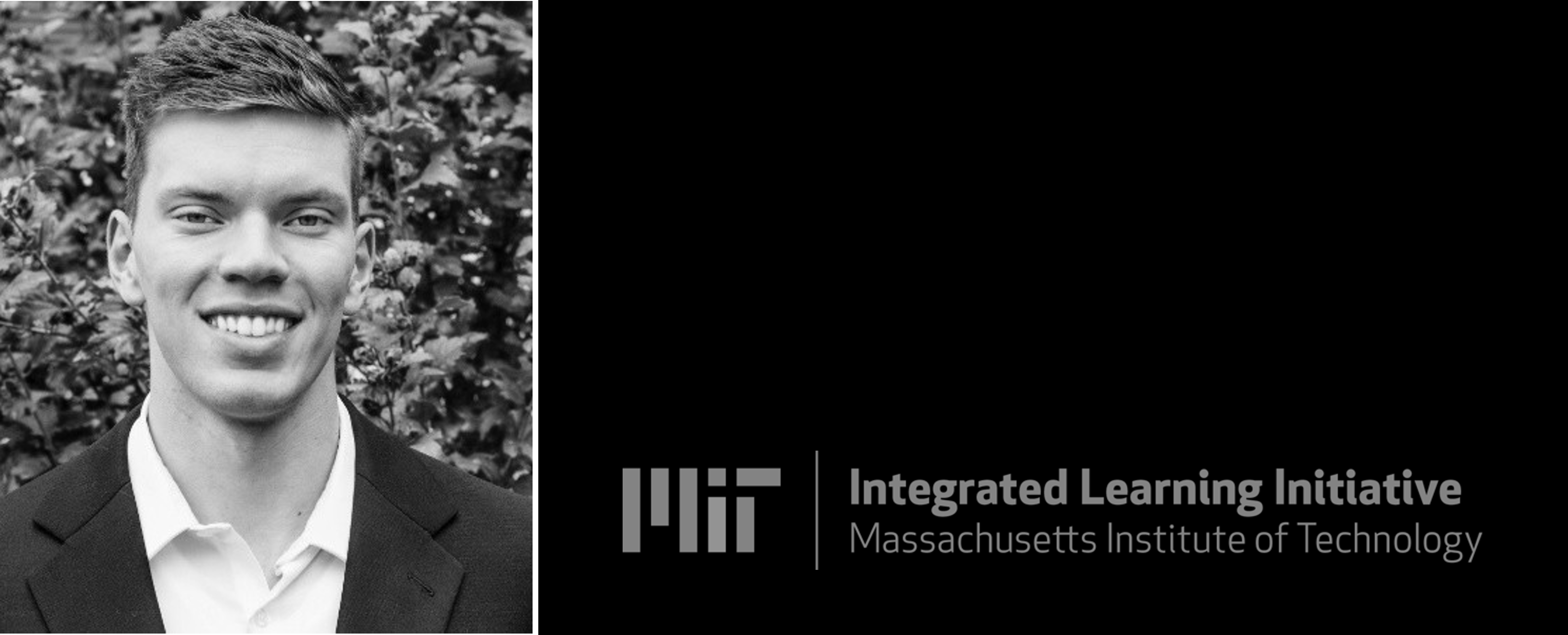
Brian Flanagan, Financial Analyst for MIT’s Open Learning, is a graduate of Roger Williams University (Rhode Island) where he studied General Finance. Flanagan spent several years working in the corporate sector before honing his skills in grant administration at Boston Children’s Hospital.
Flanagan has spent nearly two years at MIT where he works with many business units as a member of the finance team at Open Learning. His current work with the GOI includes overseeing projects such as the Massachusetts Technology Collaborative workforce development and the USAID advanced manufacturing competencies framework. Outside of work, he enjoys weekends on the golf course and exploring local breweries with friends.
When did you first become interested in financial analysis?
As I began touring colleges and universities towards the end of my high school years, I was immediately drawn to the financial markets and the related programs these schools offered. I pictured myself as an analyst on Wall Street evaluating investment opportunities in an ever-changing market. During my time at RWU, I took courses in a variety of financial topics and upon graduation, was still keen on a career in the financial services sector. I began my career doing just that, working at firms that offered a path towards that dream job. However, along the way I realized that my personality and risk tolerance were not suitable for a career on that path. Instead, I wanted my work to be grounded in helping organizations make actionable financial decisions regarding their operations. That’s when I made the switch to a career path in financial planning & analysis.
How would you describe your role at Open Learning?
My current role at Open Learning is to serve as a business partner to several units within the department. I work with leaders of these teams to develop plans for future fiscal periods, create budgets that align with those plans, and report on their unit’s financial activity on a regular basis. This provides these leaders with the insights they need to evaluate their operating plans accordingly and make any necessary adjustments. Another aspect of my role is to examine the department’s financial position as a whole, and to provide relevant information to Open Learning’s senior leadership.
What are some of the rewarding aspects of grant administration?
Especially at nonprofit institutions, grant funding provides resources leaders need to break ground on new research, projects, and initiatives. Applying for this type of funding can be time consuming, require close attention to detail, and often involves stringent reporting on the restricted use of these funds. However, the outcomes this work is able to achieve makes the administrative effort worthwhile. Often in grant administration, the timelines of grant-funded projects are varied enough that while one effort may be in the very beginning of the pre-award process, others are already multiple years in, and the impacts and findings are really interesting to hear about. This balance of hearing about new ideas and giving them a chance to become real through the grant application and funding process, combined with seeing the results of projects that are further along, is rewarding to me.
What are some of the challenges you face in your day-to-day work?
Working on financial planning and analysis efforts requires a great deal of balance: between optimism and realism, and between timing and precision. I enjoy the processes of forecasting and planning because it challenges me to find ways to achieve better outcomes, while managing these tensions. Leaders of emerging efforts are often very optimistic about the funding they expect to bring in, as they should be, since their ideas are grounded in impactful efforts that offer great benefits to society, such as improving learner outcomes and enabling a more engaged and fulfilled workforce. Who wouldn’t want to fund these efforts? However, issues of timing, competition, organizational practices, and other factors in finding the right funding relationships must be considered to keep our planning realistic. Similarly, in forecasting and reporting throughout the fiscal year, it is challenging to strike the ideal balance between providing data and insights in a timely manner so that it is useful to leaders making operational decisions, and enough detail that that data provides an accurate picture of their financial story.
What do you like most about working at MIT?
MIT is uniquely positioned to provide offerings that help learners throughout the world. I am grateful that MIT’s leadership prioritizes global learning efforts that allow a place like Open Learning to exist. The location of MIT’s campus and the views of the Charles River and city skyline aren’t too shabby either.